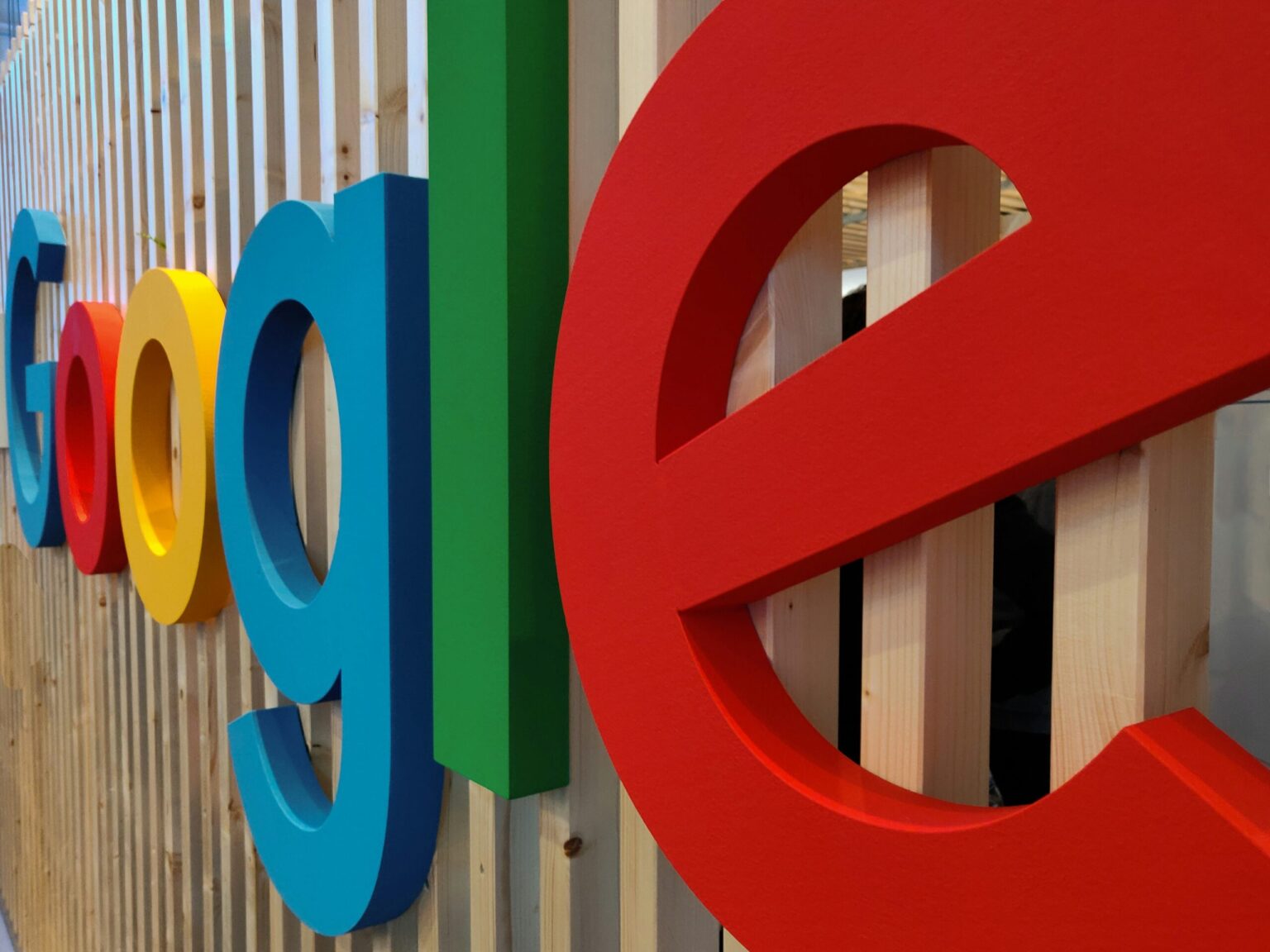Google has reached a landmark settlement of $250 million with major news publishers, avoiding potential legislation that would have required the tech giant to pay for displaying news content. This deal will see funds distributed to various media organizations over the coming years, with a focus on helping local and independent publishers. While the settlement provides much-needed financial relief, it marks only a temporary solution to the ongoing debate on how digital platforms should support journalism.
The Dispute Over News Compensation
For years, news organizations have argued that Google benefits significantly from displaying snippets of news in search results while not compensating the publishers responsible for the content. The dispute has gained international attention, with countries like Australia and Canada passing laws that force tech companies to pay media outlets. In the U.S., lawmakers have faced growing pressure to implement similar laws.
The $250 million settlement allows Google to avoid a legislative showdown that could have led to stricter regulations and higher financial obligations. This agreement offers direct payments to news publishers, which could help ease the financial strain faced by many in the journalism industry, particularly in the face of fierce competition in the advertising space dominated by digital platforms like Google and Facebook.
A Short-Term Fix or a Long-Term Solution?
While this settlement offers immediate financial support to publishers, some critics believe it fails to address the larger issue of fair revenue-sharing between tech companies and content creators. The $250 million payment, though substantial, is modest compared to Google’s vast advertising revenue, which relies on news content to attract and retain users. Media executives argue that Google’s dominance in the digital advertising industry continues to make it difficult for traditional news organizations to stay afloat.
Google defends its position by stating that its search engine drives traffic to news websites, indirectly helping publishers boost their ad revenues and subscription models. However, many in the media industry believe that Google and other tech giants extract considerable value from journalism without adequately supporting its creation.
The Future of Tech-Media Relations
Despite the settlement, the broader tensions between digital platforms and media organizations remain unresolved. Many publishers continue to push for stronger regulatory measures to ensure fair compensation for the content they produce. Lawmakers may still pursue additional legislative solutions to address the challenges faced by media outlets, particularly as digital advertising revenue continues to be concentrated in the hands of a few powerful companies.
This settlement is a pivotal moment in the complex relationship between technology companies and the media. While it offers temporary relief for struggling publishers, it does not lay the groundwork for a long-term solution to the challenges of compensating content creators fairly. As governments around the world continue to explore new regulatory frameworks, the debate over how journalism should be funded in the digital age remains far from over.
